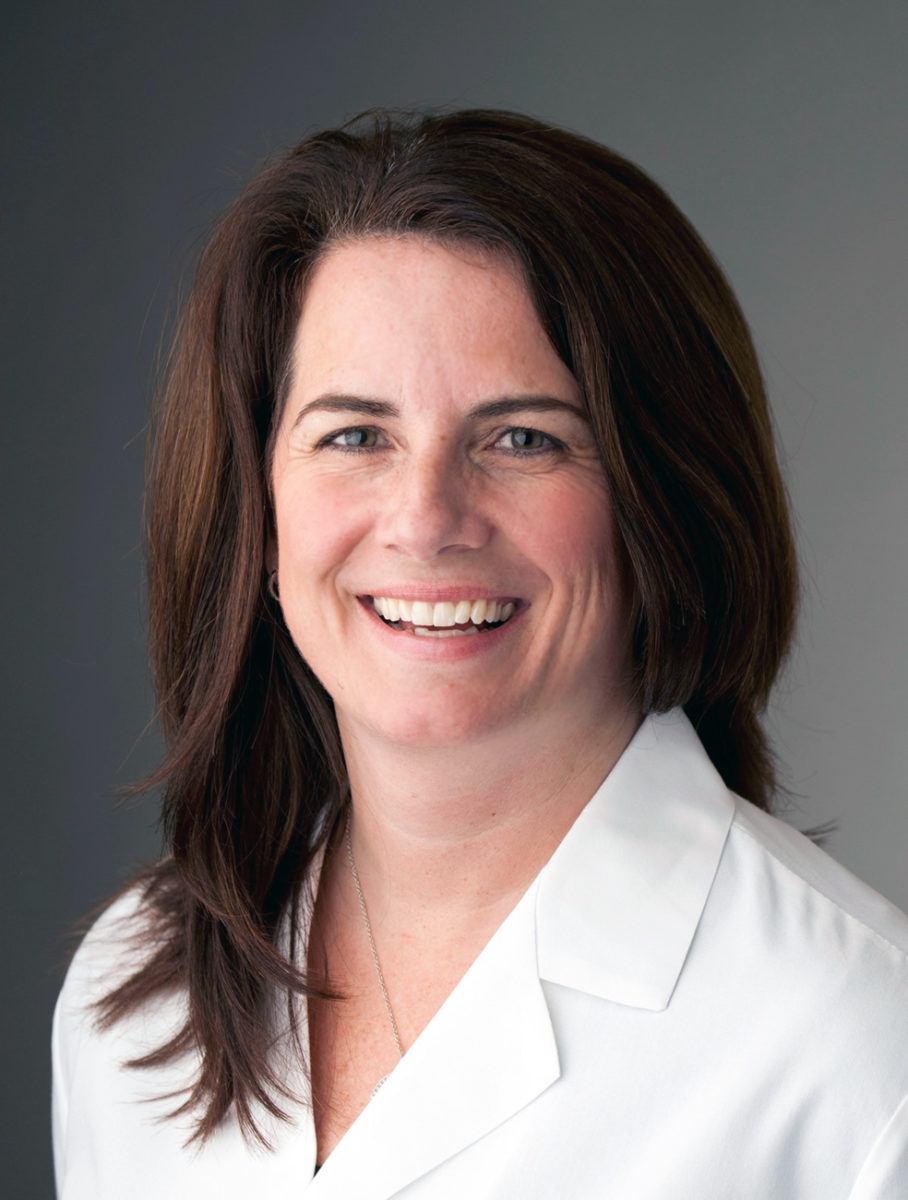As the Affordable Care Act began to change large parts of the health care industry in 2012, Dr. Virginia Feldman said she, like many doctors, had some concerns about those changes.
To better understand it, she printed out the entire law ”” about 1,600 pages ”” and carefully read through it.

“I realized that some of this makes a whole lot of sense,” Feldman said. “Like anybody in an industry that”™s getting turned upside down, we can complain that the people who were writing the legislation don”™t really understand. But a lot of it actually made sense.”
That led Feldman, a surgeon with ENT and Allergy Associates in Middletown, to recognize an opportunity she could address. By 2014, she would launch Nexus Health Resources, which provides software to help hospitals and other care providers track transitional care for patients and prevent avoidable readmissions.
Feldman said her interest in starting the company was to find a way to help “be a positive part of this change and not just another doctor complaining about the change. Let me get on the side of the solution.”
That opportunity, Feldman found, was in a mandate from the Affordable Care Act that shifted the way the federal Centers for Medicare & Medicaid Services pays hospitals. Rather than paying on a volume-based system, such as by the number of hospital visits, hospitals would be paid on a value-based system, which measures the quality of care they provide to patients.
That shift exposed a number of gaps in the health care system that would need to be addressed, Feldman said. “I saw a way to plug one of those holes that I thought would make a big difference for health care facilities.”
That hole was in the follow-up care after a patient was discharged. A system was needed to address the problem of patients who would leave hospitals and “fall through the cracks,” as Feldman described it, such as by not receiving medications or by not arranging follow-up appointments, and subsequently returning to the hospital.
Starting in 2013, Feldman worked with Orange Regional Medical Center to develop a system to try to improve outcomes for recently released patients. Feldman said that by better organizing follow-up care and communication among care providers following discharge, the 353-bed Middletown hospital was able to eventually reduce patient readmission rates by between 40 and 50 percent.
That work set the foundation for the software that launched Nexus Health Resources, which Feldman co-founded with Scott Roan and Ryan Sparks. The company grew out of the Orange County Business Accelerator, a business development program funded by the Orange County Industrial Development Agency.
The company”™s main software product, NexusConnexions, helps manage the care of each patient released from a health care facility.
“We basically wanted to empower the workforce, the transitional care coordinators, to improve their health population,” Feldman said.
The software provides a way for a patient”™s full medical team to coordinate care in the weeks following a hospital stay. Physicians and other care providers can communicate through the software, track patient progress and prescriptions and schedule follow-up phone calls and appointments.
Feldman said one of its main strengths is its ability to automate and organize the necessary care for the large volume of patients who pass through hospitals and other health care facilities.
“What we found is that facilities would initially do this and they could do it really well for an extremely small amount of patients,” Feldman said. “But in order for it to scale for their entire patient population ”¦ the volume gets to be so great you need to have it automated.”
Nexus has also developed a health call center, which offers staff trained in contacting patients for follow-ups. The phone calls can be used to schedule primary care appointments, check on the status of home health care providers and ensure prescriptions are filled.
Along with its work with Orange Regional Medical Center, Nexus Health Resources has started working with post-acute care providers, such as skilled nursing facilities. In May, the company started working with EPIC Healthcare Management, which operates short- and long-term rehabilitation and skilled nursing facilities in Croton-on-Hudson, Purdys and Middletown.
Nexus clients include National HealthCare Associates Inc. Nexus provides its software at some of the 38 skilled nursing and rehabilitation centers the Long Island-based company operates.
Feldman said the company is in discussions with hospitals throughout the country to add their services. The software is cloud-based and offered as a yearly subscription service.
The company has eight employees and is based in Middletown.
Feldman previously co-founded the Hudson Valley Ambulatory Surgery Center in 2007, a Middletown surgical center with 33 independent surgeons and physicians. So while launching a business wasn”™t entirely a new process, Feldman said there were challenges shifting from medicine into the technology startup world.
“I”™m a surgeon, so I”™m used to things being pretty quick,” she said. “But with any startup or any technology or any business working in the health care fields, it can take a while for everything to fall into place.”
Given that the company”™s founding was tied to the implementation of the Affordable Care Act, Feldman said she”™s asked often what it will mean for the company if the health care law is repealed. She pointed to her company”™s focus on decreasing total costs for a care provider and increasing access and quality.
“Any model that comes out is still going to demand that of facilities,” Feldman said. “Our model is not based on components of the health care bill that would likely be changed.”
The company now is focused on adding to its list of provider clients and expanding its services based on what those clients request. The company recently launched Nexus Health Academy, which creates educational videos for patients and home care providers to guide them through various steps of the recovery process.
“It”™s about staying in tune to the market and what our clients need,” Feldman said, “and continuing to improve the product as we increase the number of people who are using that product.”






















Comments 1